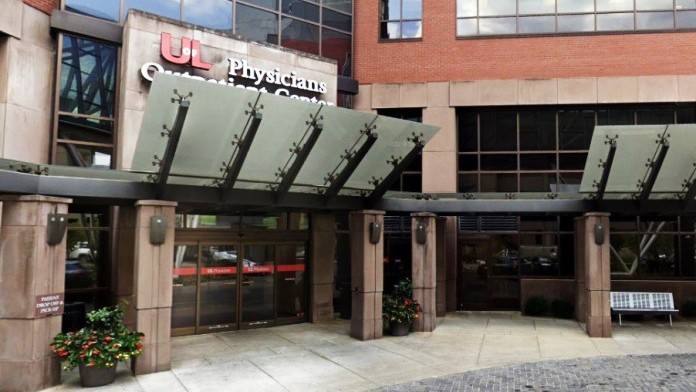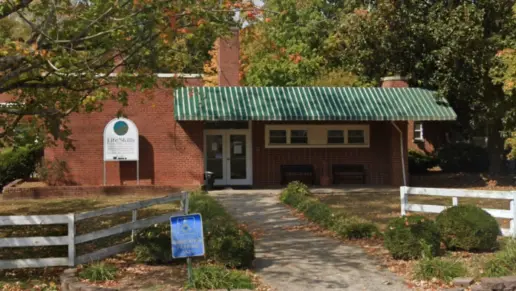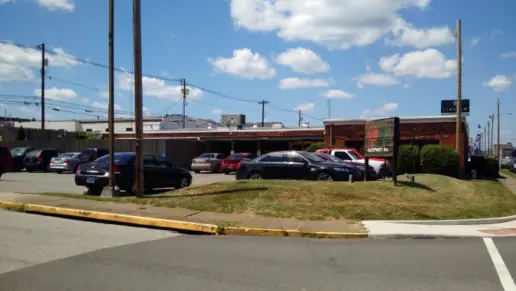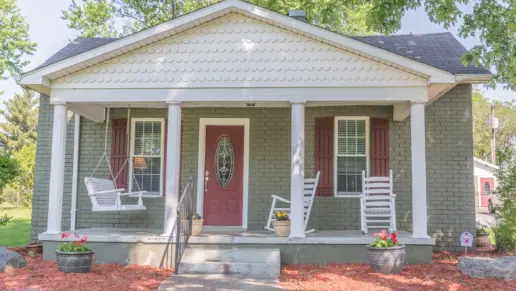The doctors and nurses do not have common sense; the only thing they want is money and more money! Do not trust them!
About University of Louisville – Physicians Outpatient Center
In Louisville, Kentucky, the University of Louisville – Physicians Outpatient Center provides services related to substance abuse as well as mental health. Adults are served by this full-service practice office. Psychiatric social workers, psychologists, and addiction counselors as well as psychiatrists make up this team of medical professionals. They provide services to thousands of patients annually throughout the Louisville region.
Anxiety disorders, behavioral health. and bipolar disorder are among the co-occurring mental health issues they can assist you with. They also help with memory issues, depression and geriatric psychiatric conditions. They offer general psychiatry services and treatments such as cognitive behavioral therapy (CBT), medication therapy, and psychotherapy. They also treat memory disorders including Alzheimer’s and other forms of dementia as well as acquired brain injuries.
Their geriatric psychiatry program treats adults over 65 with mental health concerns. Additionally, they offer services for women’s mental health, particularly as it relates to menopause and pregnancy. At nearby hospitals, they provide inpatient, outpatient and consultation services. They only offer psychiatric consultations at the UofL Hospital.
Here, they provide FDA approved medication to help you overcome your addiction to opioids. Patients enrolled in their medication assisted treatment (MAT) program may be eligible for Sublocade or buprenorphine treatment.
Providing lab data or a drug test is part of their referral process. They will provide a scheduled appointment for the patient. Additionally, patients can walk in on Mondays and Wednesdays to this facility to be seen and have a drug test performed on the spot.
The smoothest possible patient experience is ensured by a round the clock concierge service, transportation services and easily accessible covered parking. All major insurance plans, Medicaid, Medicare and self pay are accepted. There are financial counselors on staff who can help with Medicaid enrollment. While it is possible to request financial assistance, it is not assured. There are facilities there that are smoke free.
 Payment Options
Payment Options
Per session
Self-pay options
Private insurance
Financing available
Medicaid
Medicare
Financial aid
 Levels of Care
Levels of Care
 Outpatient
Outpatient
Outpatient Programs (OP) are for those seeking mental rehab or drug rehab, but who also stay at home every night. The main difference between outpatient treatment (OP) and intensive outpatient treatment (IOP) lies in the amount of hours the patient spends at the facility. Most of the time an outpatient program is designed for someone who has completed an inpatient stay and is looking to continue their growth in recovery. Outpatient is not meant to be the starting point, it is commonly referred to as aftercare.
 Programs
Programs
 Adolescence program
Adolescence program
 Adult program
Adult program
 Elderly program
Elderly program
 Program for men
Program for men
 Program for women
Program for women
 Young adult program
Young adult program
 Treatment
Treatment
 Alcoholism
Alcoholism
The goal of treatment for alcoholism is abstinence. Those with poor social support, poor motivation, or psychiatric disorders tend to relapse within a few years of treatment. For these people, success is measured by longer periods of abstinence, reduced use of alcohol, better health, and improved social functioning. Recovery and Maintenance are usually based on 12 step programs and AA meetings.
 Drug Addiction
Drug Addiction
Drug rehab in Kentucky often starts with detox, then includes inpatient or outpatient treatment, and continues with aftercare support. Specific methods used during each of these phases varies, but often include individual and group counseling, medication, and recreational therapies.
 Dual Diagnosis
Dual Diagnosis
Many of those suffering from addiction also suffer from mental or emotional illnesses like schizophrenia, bipolar disorder, depression, or anxiety disorders. Rehab and other substance abuse facilities treating those with a dual diagnosis or co-occurring disorder administer psychiatric treatment to address the person's mental health issue in addition to drug and alcohol rehabilitation.
 Mental Health and Substance Abuse
Mental Health and Substance Abuse
A combined mental health and substance abuse rehab has the staff and resources available to handle individuals with both mental health and substance abuse issues. It can be challenging to determine where a specific symptom stems from (a mental health issue or an issue related to substance abuse), so mental health and substance abuse professionals are helpful in detangling symptoms and keeping treatment on track.
 Opioid Addiction
Opioid Addiction
Opioid rehabs specialize in supporting those recovering from opioid addiction. They treat those suffering from addiction to illegal opioids like heroin, as well as prescription drugs like oxycodone. These centers typically combine both physical as well as mental and emotional support to help stop addiction. Physical support often includes medical detox and subsequent medical support (including medication), and mental support includes in-depth therapy to address the underlying causes of addiction.
 Clinical Services
Clinical Services
 Electroconvulsive Therapy
Electroconvulsive Therapy
ECT is a form of treatment in which controlled electric currents are passed through the brain, sometimes causing short seizures. Treatments are done under general anesthesia. ECT appears to change brain chemistry for the better, and has been shown to provide fast and sometimes dramatic improvements in severe mental health conditions that can exist alongside addiction, including depression, bipolar disorder, psychosis, and suicidality. ECT is also often used by those who prefer it to taking medication.
 Group Therapy
Group Therapy
Group therapy is any therapeutic work that happens in a group (not one-on-one). There are a number of different group therapy modalities, including support groups, experiential therapy, psycho-education, and more. Group therapy involves treatment as well as processing interaction between group members.
 Individual Therapy
Individual Therapy
In individual therapy, a patient meets one-on-one with a trained psychologist or counselor. Therapy is a pivotal part of effective substance abuse treatment, as it often covers root causes of addiction, including challenges faced by the patient in their social, family, and work/school life.



